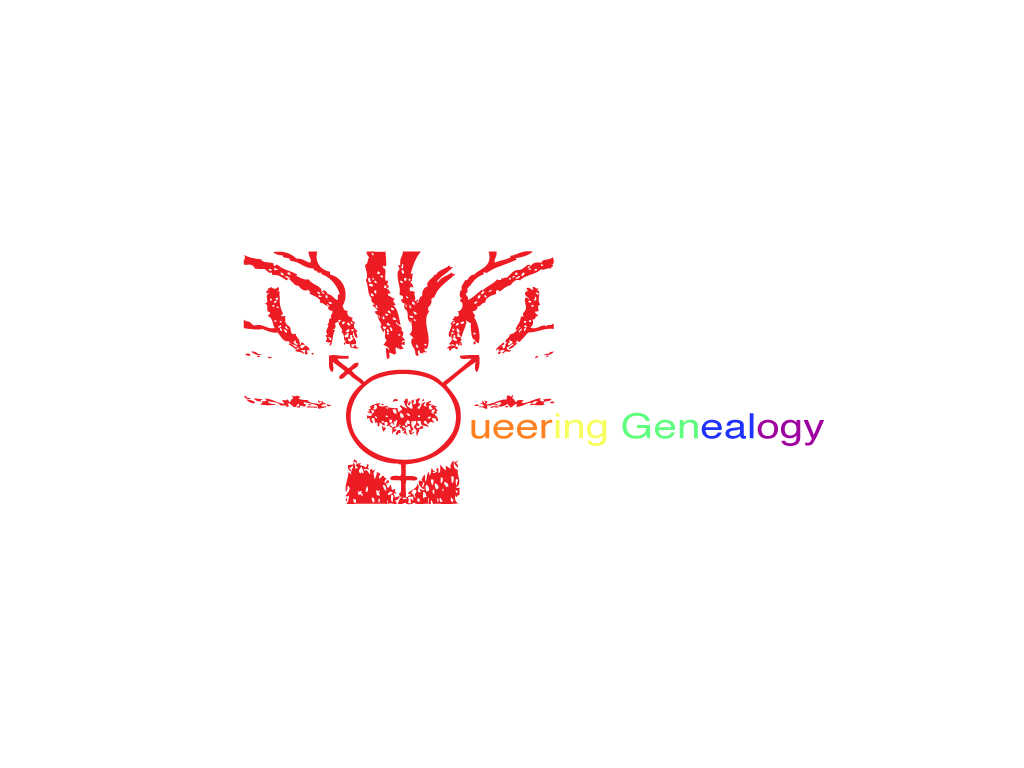‘Queer’ as a term is fraught with ambivalence and ambiguity; previously, it has been employed as a pejorative, homophobic sentiment. However, with the movements in gay rights from the 60s onwards it has been considered a banner of social/political empowerment, and as an umbrella term, for those who identify with a counter-heteronormative lifestyle, put simply, those who are ‘non-straight’. In this context, this project uses “queer” as an identity that destabalises the “allegedly stable relations between chromosomal sex, gender and sexual desire.” (Jagose, 1996).
Queer theory and gender studies have, up until now, primarily dealt with ‘family’ in terms of establishing markers of visibility and resistance, which leads to forming attachments to queer peer groups. When ‘family’ has entered queer academic discourses, it is done in the context of distancing reproduction with heterosexuality. This project investigates how queer kinship networks have a great impact in understanding our own versions of sexuality. The project reviews and traces the existing discourses surrounding kinship and family webs and repudiations in queer genealogies. It also creates a networked media artefact which includes images and audio files mediating queer identity in relation to queer kinship which creates new pathways for these genealogies to be disseminated through the creation of a ‘social life’ of these materials. The aim is to have six interviews, fully tagged and coded a completed research report and a selection of individual clips for inclusion in the web installations.
The end result of the project relies on taking these media examples and organising them within the public sphere, being distributed through social networking sites with the express interest of targeting members of the queer community. In this way, the project is reaching out to the community to better facilitate the experience of understanding one’s own sexuality and the development of sexuality in the family schematic by using the life’s experience of other people in a ‘queer’ family (Bernstein, 2001). This project also contributes to the wider research on the impact of technology in the social relations of members of the queer community with their family connections.

No comments:
Post a Comment